Maca, scientifically known as Lepidium meyenii, is a root vegetable that has been cultivated for thousands of years in the high-altitude regions of the Andes Mountains in Peru. This hardy plant has long been an integral part of the diet and traditional medicine of indigenous people, who have relied on its nutritional and medicinal properties. Historically, maca root was consumed for its ability to enhance energy, stamina, and fertility, and it was also used to support overall health.
Nutraplus Maca
$9.99
Descripción
Introduction to Maca Supplement
Maca, scientifically known as Lepidium meyenii, is a root vegetable that has been cultivated for thousands of years in the high-altitude regions of the Andes Mountains in Peru. This hardy plant has long been an integral part of the diet and traditional medicine of indigenous people, who have relied on its nutritional and medicinal properties. Historically, maca root was consumed for its ability to enhance energy, stamina, and fertility, and it was also used to support overall health.
With its rich history deeply embedded in Andean culture, maca has made a notable resurgence in recent years as a dietary supplement in the modern health and wellness community. Maca’s growing popularity can be attributed to its impressive nutritional profile, which includes vitamins, minerals, amino acids, and bioactive compounds that are believed to support various aspects of health. Researchers and health enthusiasts have shown increased interest in maca for its potential benefits, including hormonal balance, improved mood, and enhanced physical performance.
Today, maca is commonly available in several convenient forms, making it easy to incorporate into diverse dietary practices. The most prevalent forms of maca supplements include powders, capsules, and liquid extracts. Maca powder, often added to smoothies, juices, and baked goods, is celebrated for its versatility and ease of use. Capsules offer a straightforward and consistent dosage option for those who prefer a more structured supplementation routine. Liquid extracts, on the other hand, provide a potent alternative for quick absorption and are typically used in smaller quantities.
As more individuals seek natural alternatives to support their health, maca’s reputation as a beneficial supplement continues to grow. By understanding the origins, historical uses, and modern applications of maca, we can appreciate why this ancient root is now considered a valuable addition to contemporary wellness practices.
Health Benefits of Maca Supplement
Maca, a root vegetable grown in the Andes mountains, has gained popularity as a dietary supplement due to its wide array of health benefits. Regular consumption of maca can significantly enhance energy levels. Scientific studies have shown that maca acts as a natural invigorator, helping to combat fatigue and improve physical endurance. This energy-boosting effect makes it a favored supplement among athletes and individuals with demanding lifestyles.
Improved mood is another significant benefit associated with maca supplementation. Maca has been reported to enhance the production of neurotransmitters like serotonin, which play a crucial role in mood regulation. Consequently, incorporating maca into one’s diet can help mitigate symptoms of depression and anxiety, providing a natural alternative to pharmaceutical interventions.
One of the standout features of maca is its adaptogenic properties. Adaptogens are substances that help the body adapt to stress and restore overall balance. Maca supports the body’s ability to manage stress by regulating cortisol levels, which can have a pronounced effect on both psychological and physiological well-being. This adaptogenic capability contributes to maca’s reputation as a potent stress reliever.
Maca is also known for its role in supporting hormonal balance. Particularly beneficial for women, maca can help alleviate symptoms of menopause, such as hot flashes and mood swings. It assists in regulating the endocrine system, thereby promoting a smoother hormonal transition. For men, maca has been documented to improve fertility by increasing sperm count and motility.
The libido-boosting properties of maca have earned it the moniker “natural Viagra.” Both men and women can experience enhanced sexual drive and performance, with some studies suggesting that maca positively influences sexual function by increasing the production of sex hormones.
Beyond these benefits, maca is a nutritional powerhouse. It is rich in essential vitamins like B, C, and E, and minerals including iron, calcium, and potassium. Maca also contains a variety of bioactive compounds, such as macamides and macaenes, which contribute to its health-enhancing properties. These nutrients work synergistically to support overall wellness, making maca an invaluable addition to a balanced diet.
How to Incorporate Maca into Your Diet
Integrating maca supplement into your diet can be a straightforward process, especially given the variety of forms available. Maca is most commonly found as a powder, which can be seamlessly added to a range of foods and beverages. Additionally, maca is available in capsules and extracts, providing versatile consumption options.
For those opting for maca powder, there are numerous ways to incorporate it into meals. Adding a teaspoon or two of maca powder to your morning smoothie can be an invigorating start to your day. Maca also blends well into oatmeal, yogurts, and energy bars, enhancing both flavor and nutritional content. For baking enthusiasts, maca powder can be mixed into recipes for cookies, muffins, and bread, offering a subtle earthy taste.
Maca capsules are a convenient alternative, especially for individuals with busy lifestyles. Typically, the recommended dosage is around 1,500 to 3,000 milligrams per day, divided into smaller doses. Always follow the manufacturer’s instructions or consult with a healthcare provider for specific recommendations. Maca extracts, often in liquid form, can be added to water, tea, or other beverages, making it easy to consume even on the go.
When selecting maca products, prioritizing quality is crucial. Look for products that are certified organic, as this ensures the maca is free from pesticides and other harmful chemicals. Additionally, opt for brands that provide transparency regarding the source of their maca. Ideally, labels should indicate that the maca is sourced from Peru, as Peruvian maca is considered some of the highest quality due to optimal growing conditions.
Purity and potency are essential factors to consider when evaluating maca supplements. Check for products that perform third-party testing to verify their claims. Ensuring the maca supplement you choose meets these criteria will help you reap the full benefits of this remarkable superfood.
Potential Side Effects and Precautions
Maca supplementation is generally recognized as safe for most individuals when consumed in moderate amounts. However, as with any supplement, it is essential to be aware of potential side effects and take necessary precautions. One of the most commonly reported adverse effects of maca is digestive discomfort, which may manifest as bloating, gas, or stomach cramps. These symptoms are often temporary and can be mitigated by starting with a lower dose and gradually increasing it over time.
Additionally, maca’s influence on hormone levels is a point of consideration. Some individuals have reported experiencing changes in menstrual cycles, fluctuations in mood, or alterations in energy levels. Such effects are typically mild and reversible upon discontinuation of the supplement. Still, it is particularly important for those with hormone-sensitive conditions, such as breast cancer, endometriosis, or polycystic ovary syndrome, to approach maca supplementation with caution.
Pregnant or nursing women should exercise additional vigilance when considering maca. While there are no conclusive studies indicating harm, the lack of robust research on maca’s impact during pregnancy and lactation necessitates prudence. Therefore, consulting with a healthcare provider before starting maca is highly recommended for these groups. This precaution also extends to individuals taking medications or those with pre-existing health conditions, who should seek professional medical advice to ensure safety and compatibility.
Adhering to recommended dosages is a crucial aspect of safely integrating maca into one’s routine. Overconsumption may amplify the risk of adverse effects, thus following the dosing guidelines specified by the supplement’s manufacturer or a healthcare professional is prudent. Moreover, sourcing maca from reputable suppliers is fundamental, as quality and purity can significantly vary, influencing both efficacy and safety. Opting for products that have undergone third-party testing or possess certifications can provide added assurance.




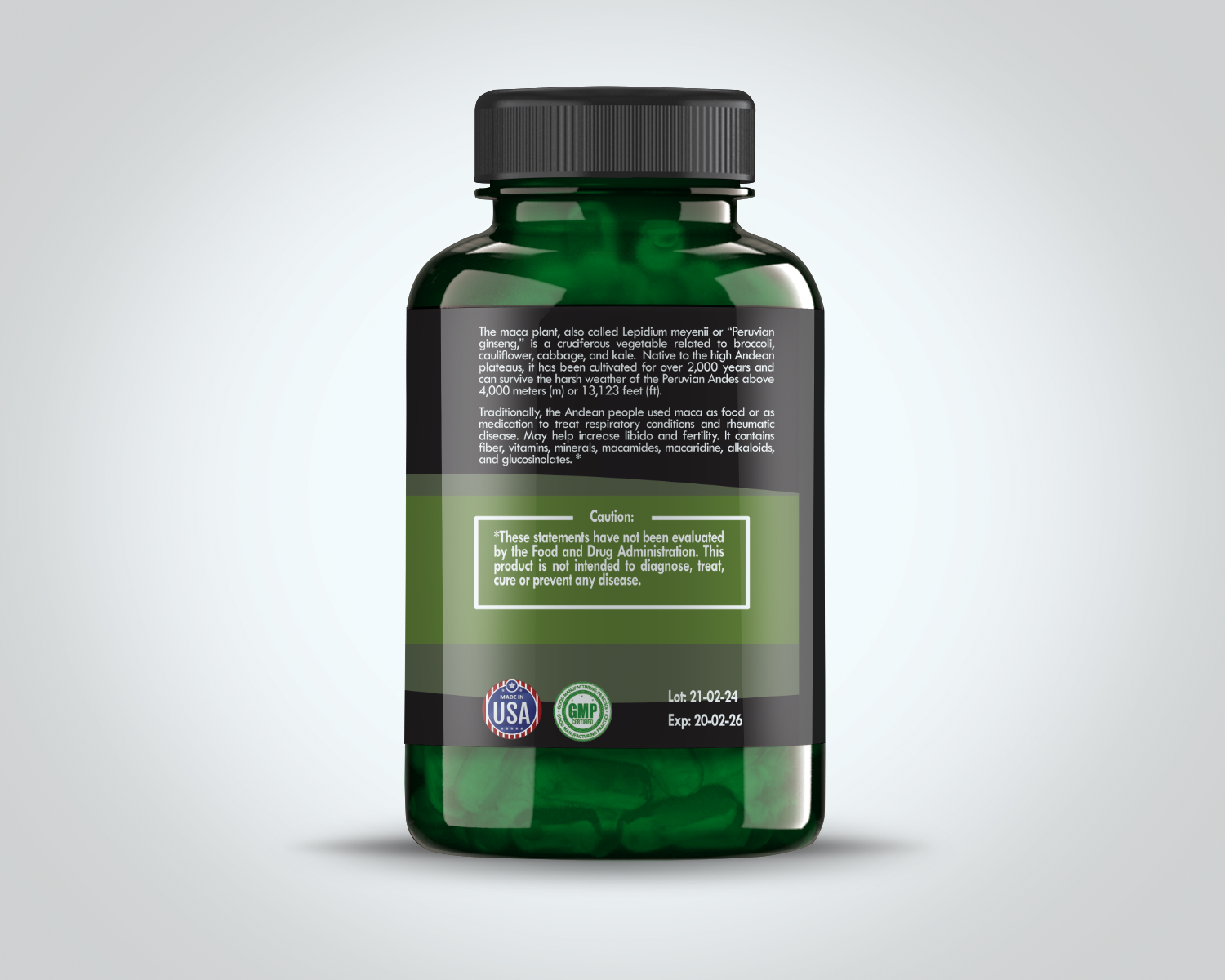

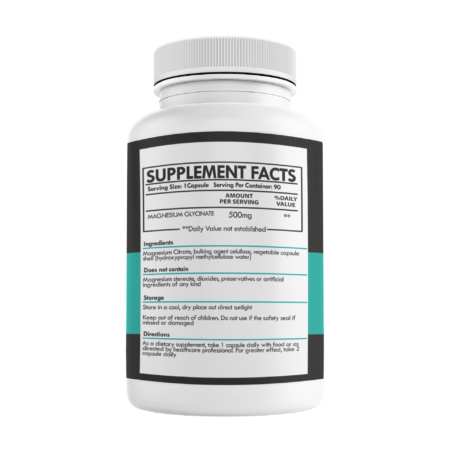
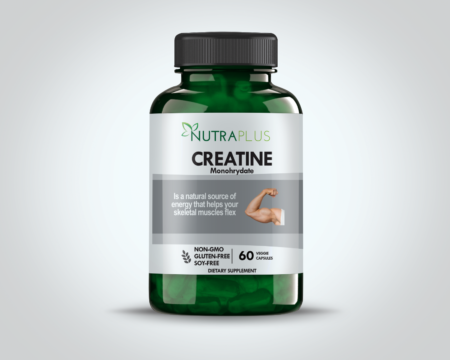
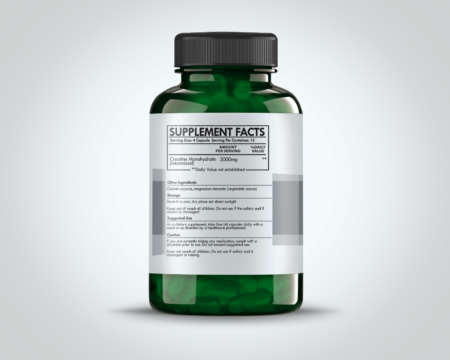

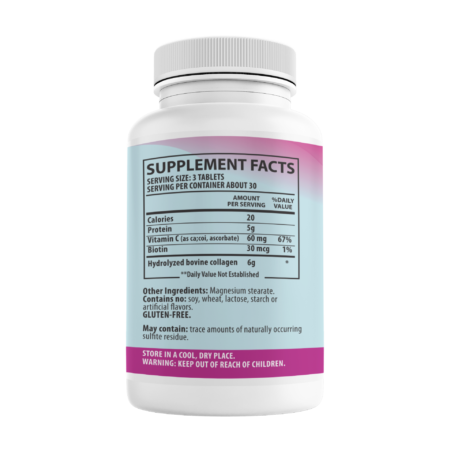

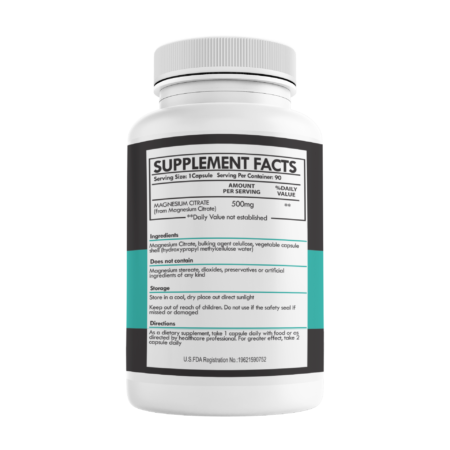

Valoraciones
No hay valoraciones aún.